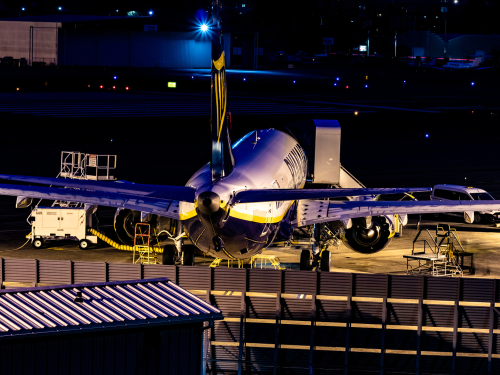
Congressional leaders in House and Senate transportation committees joined together to applaud the final passage of the Aircraft Certification, Safety and Accountability Act last week.
The bill, which aims to reform and strengthen the Federal Aviation Administration’s (FAA) aircraft certification process, was included in the omnibus spending bill.
U.S. Reps. Peter DeFazio (D-OR), chair of the House Committee on Transportation and Infrastructure, and Sam Graves (D-MO), ranking member of that committee, and Sens. Roger Wicker (R-Miss.), chair of the Senate Committee on Commerce, Science and Transportation, and Maria Cantwell (D-WA), that committee’s ranking member, said the bill addressed concerns brought about by investigations into the Boeing 737 MAX aircraft after two crashes in the span of five months killed 346 people.
“Our bipartisan—and now bicameral deal—is the result of nearly two years of intense investigation in my Committee, multiple public hearings on both sides of the Capitol, and countless conversations with the families of the victims and the aviation community about how best to address the failings that led to the development of a fatally-flawed aircraft and an FAA certification process that ultimately allowed that aircraft into service,” DeFazio said. “I’m immensely grateful to my Congressional partners in this effort, especially Aviation Subcommittee Chair Rick Larsen, who have all been steadfast in our mission to make sure the story of the MAX is never repeated.”
The bill authorizes $75 million over the next three years to allow the FAA to recruit and retain engineers, safety inspectors, human factors specialists, software and cybersecurity experts, and others to help with the certification process.
Additionally, the bill requires that the FAA appoint safety advisors to strengthen the administration’s oversight and communication with manufacturers, requires aviation manufacturers to adopt safety management systems, puts in place civil penalties for companies that try to influence or put pressure on FAA members responsible for certification, among other initiatives.
“After reviewing the evidence from incident reports, soliciting recommendations from aviation experts, speaking to witnesses and stakeholders, and holding a series of hearings, this bill was drafted in direct response to information stemming from the fatal crashes involving the Boeing 737 MAX aircraft,” Wicker said. “It also includes provisions to address findings from the Commerce Committee’s extensive investigation of aviation safety. The legislation will make critical reforms to the FAA’s oversight and certification process.”